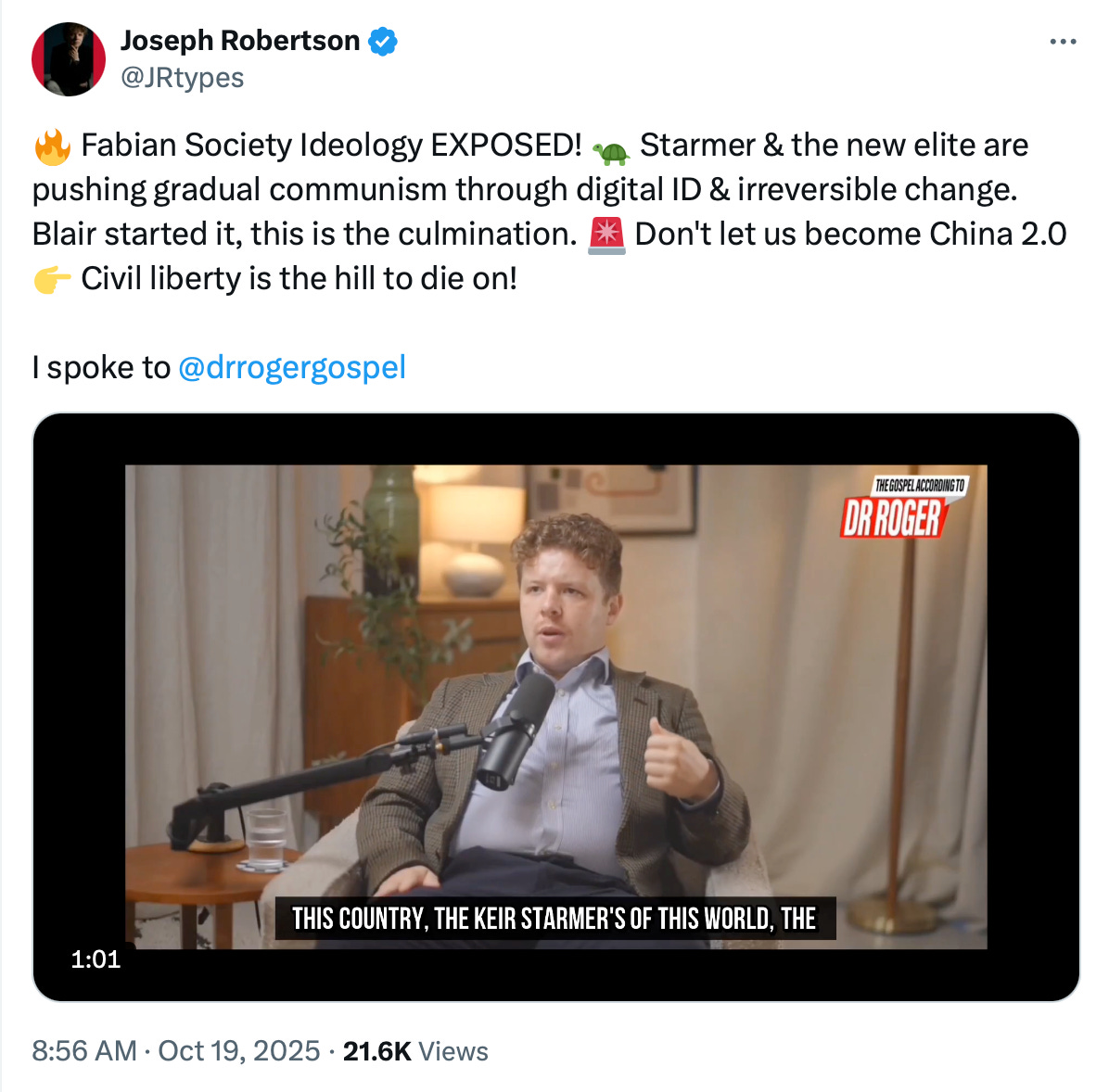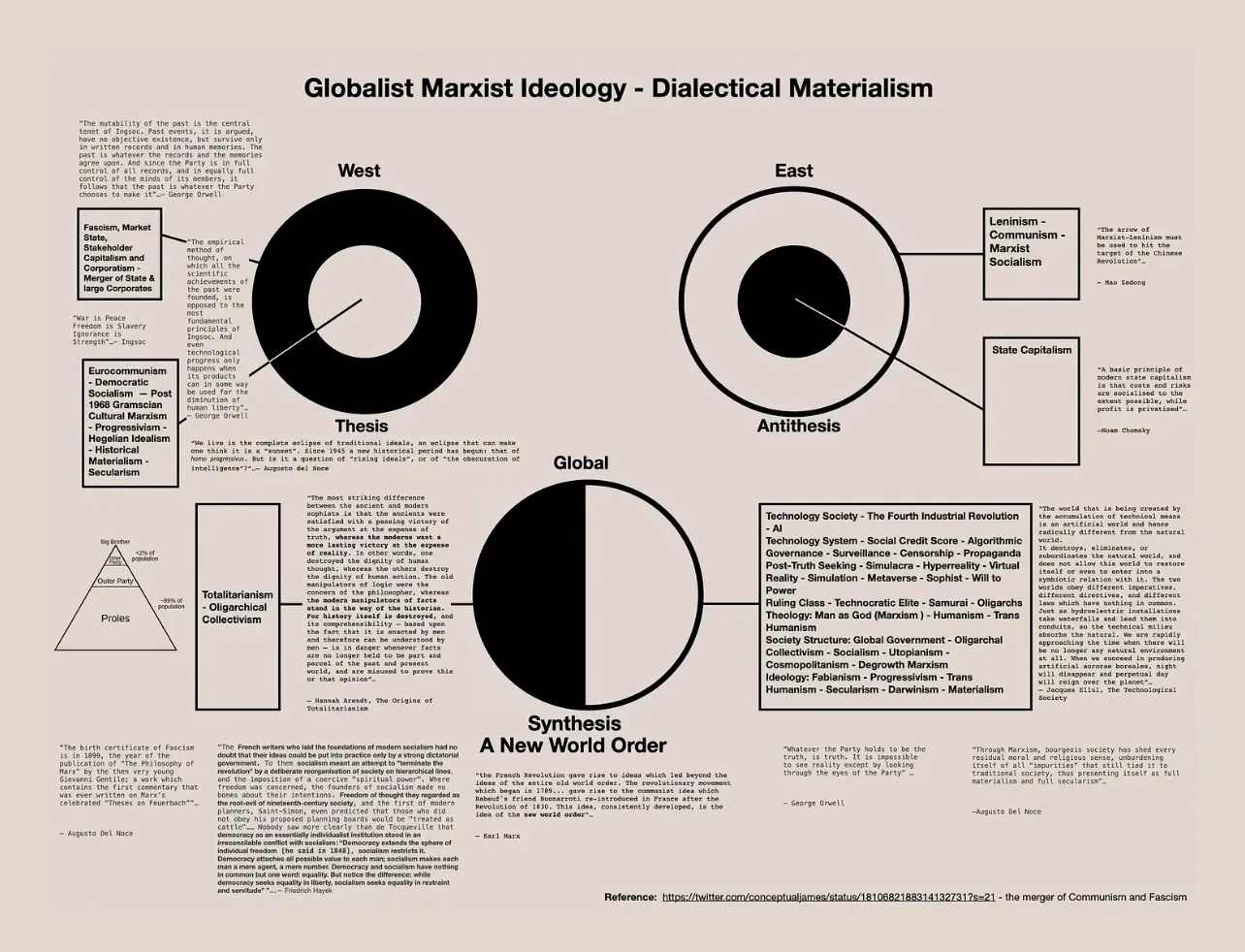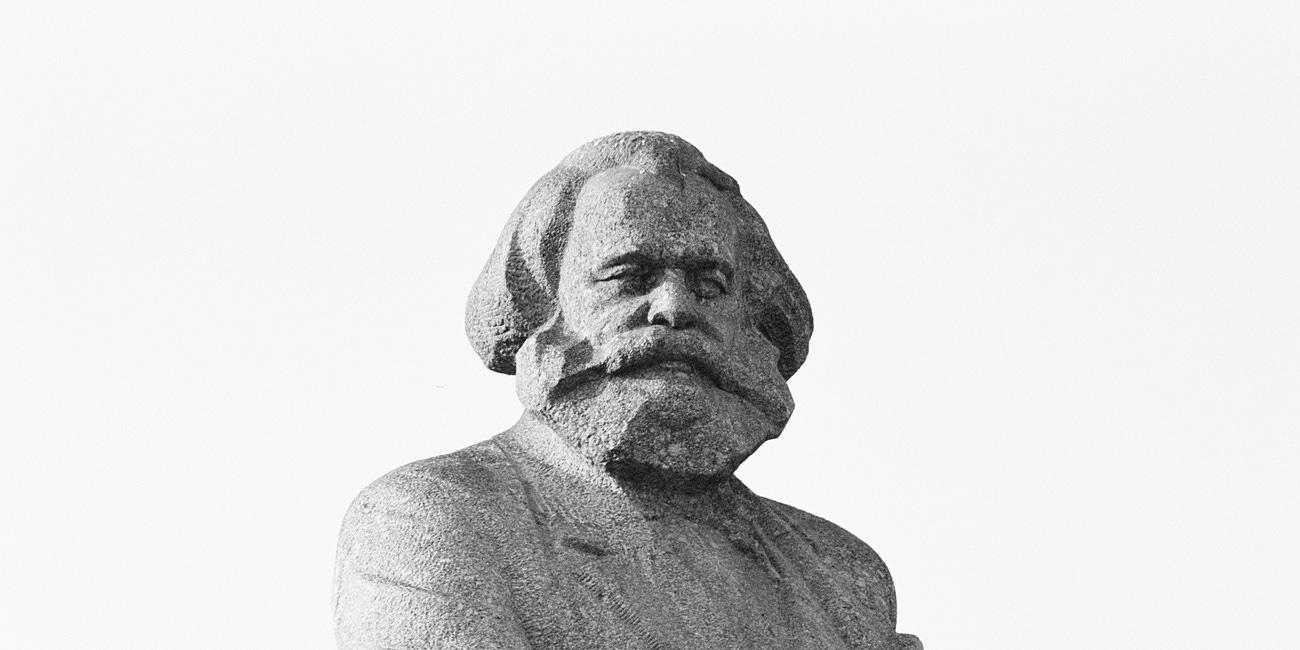Communitarianism and Third Way
Towards Globalism: Modernity & Post-Modernity’s further attempts to integrate Hegel & Marx
Photo by Bernd Dittrich on Unsplash
“Communitarianism is the idea that human identities are largely shaped by different kinds of constitutive communities (or social relations) and that this conception of human nature should inform our moral and political judgments as well as policies and institutions”…[LINK]
[ Note: It arose primarily as a critique of liberal individualism including the egalitarian individual liberalism versions found in thinkers such as John Rawls who prioritise the autonomy and rights of the individual as foundational to justice and moral order. Communitarians argue that liberalism, with its focus on individuals and abstract universal rights, overlooks the social contexts that make individual autonomy possible. Rather than being pure materialistic in nature ( e.g. Marx) it attempts to integrate idealism ( e.g. Hegel) and modern liberal traditions into the framework - it is collectivist, socially progressive in nature and grounded in a Marxist/Hegel dialectic ( i.e. Materialism & Idealism) ]
“third way, in politics, a proposed alternative between two hitherto dominant models, namely left-wing and right-wing political groups. Historically, the term third way was used to refer to a variety of forms of government—from Nordic social democracy tofascism. At the end of the 20th century, however, it acquired a more specific meaning when British sociologist Anthony Giddens used it to describean alternative to neoliberalism and social democracy in an era of globalisation”…[LINK]
[ The Third Way is a political and philosophical concept that seeks to transcend or reconcile the traditional opposition between capitalism and socialism. It aims to offer a middle path—retaining the efficiency and innovation of market economies whilst promoting social justice and community responsibility. Early third way ideas were corporatist and fascist in nature ( i.e. merger of corporate and state power) whereas (arguably - highly debatable it has really moved beyond corporatism/fascism) more recent versions attempt to resolve being pro-market but also socially conscious that emphasises welfare reform, equality of opportunity and education - it is socially progressive in nature and grounded in a Marxist/Hegel dialectic ( i.e. capitalism & individual and socialism & collective) ]
Note: the central question with both of the above Modern & Post-Modern progressive social and political movements is how are they any different from the Hegelian (Idealism - Primacy of Human Consciousness) & Marxist ( Materialism - Primacy of Man) philosophy (incl. Dialectical Materialism and Historical Materialism) that had become endemic across Western Civilisation post the arrival of Modernity which has led to a Crisis of Modernity ( refer Augusto del Noce and Leo Strauss) and Post-Modernity ( refer Noam Chomsky and Leo Strauss)? The increasing dismissal of Transcendental Metaphysics, Normative Sciences ( Truth, Aesthetics, Ethics - The Good), Objective Moral Values ( Natural Rights & Moral Duties - Locke), emanating from God’s Will and a Divine Order of Things.
“Fascism
should more appropriately be calledCorporatismbecause it isa merger of state and corporate power”…
— Benito Mussolini
[LINK] - China 2.0? - Britain and Digital ID [LINK]
Please read, watch and listen:
China 2.0? [LINK];
Strauss’s Critique of Modernity - From Individual Liberalism to Socialism & Communism to Fascism [LINK];
Marxification of Education [LINK] [LINK] [LINK] [LINK];
Is the UK a Christian Nation, and does it believe in free speech? [LINK];
Legal Positivism and Marxism [LINK] - Algorithmic Governance [LINK];
European Parliament - The EU as a superstate or a community of sovereign states? [ LINK ];
The attempted US New Jacobin Revolution [LINK] - The New Jacobins [LINK]; and
The New Jacobins
The statue on the place de la republique in Paris, France - Maarten Scheer on Unsplash
Fascism
Photo by Arno Senoner on Unsplash - Fascist Palazzo of the Fiscal Offices (IRS) in Bozen, historicised with the Hannah Arendt citation “No one has the right to obey” in 3 languages.
The Self-Destruction of the West
World War One Destruction, Altar in the church of Segusino — Photo by Austrian National Library on Unsplash



















